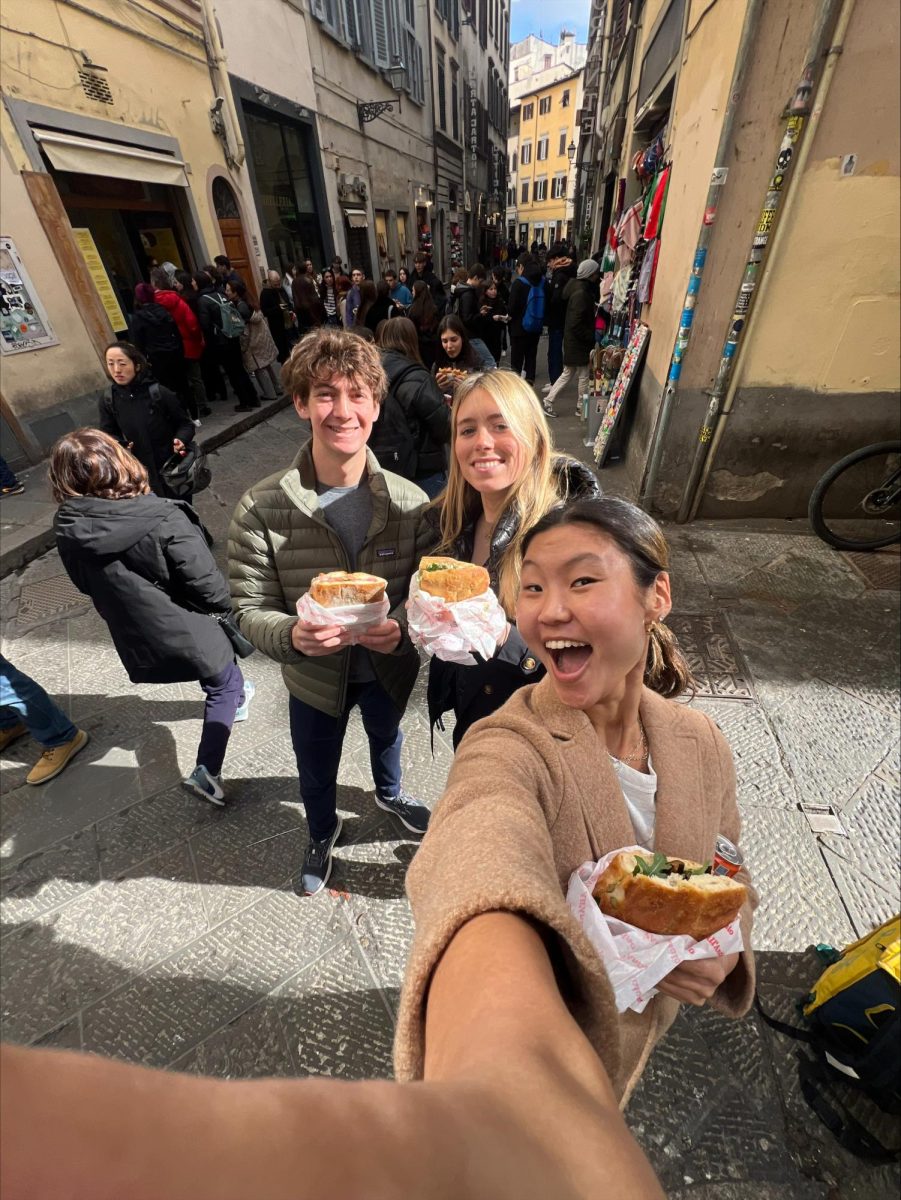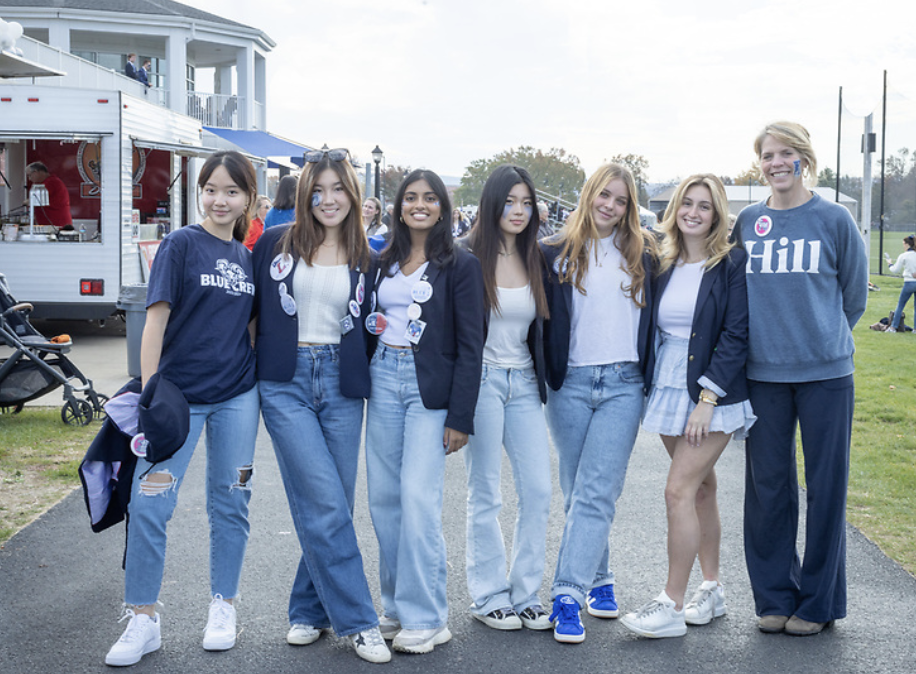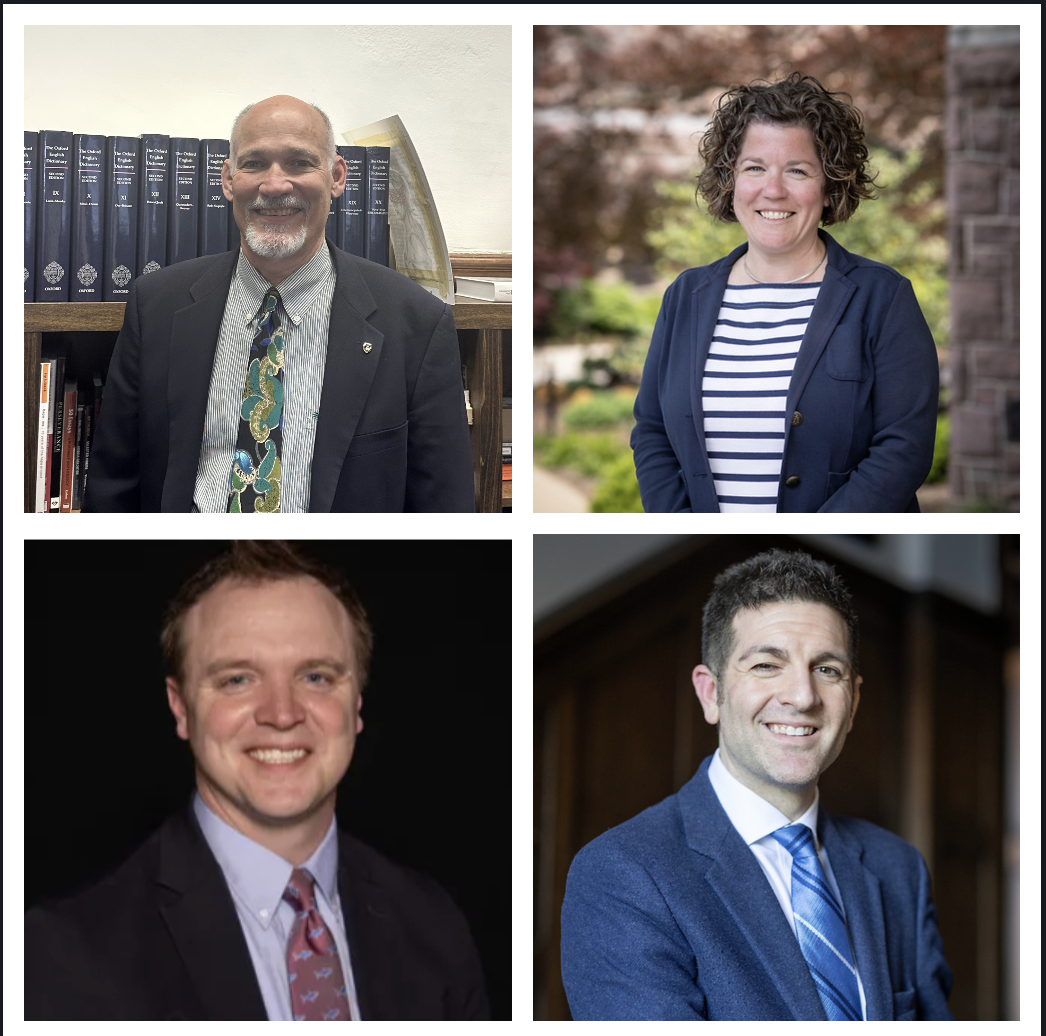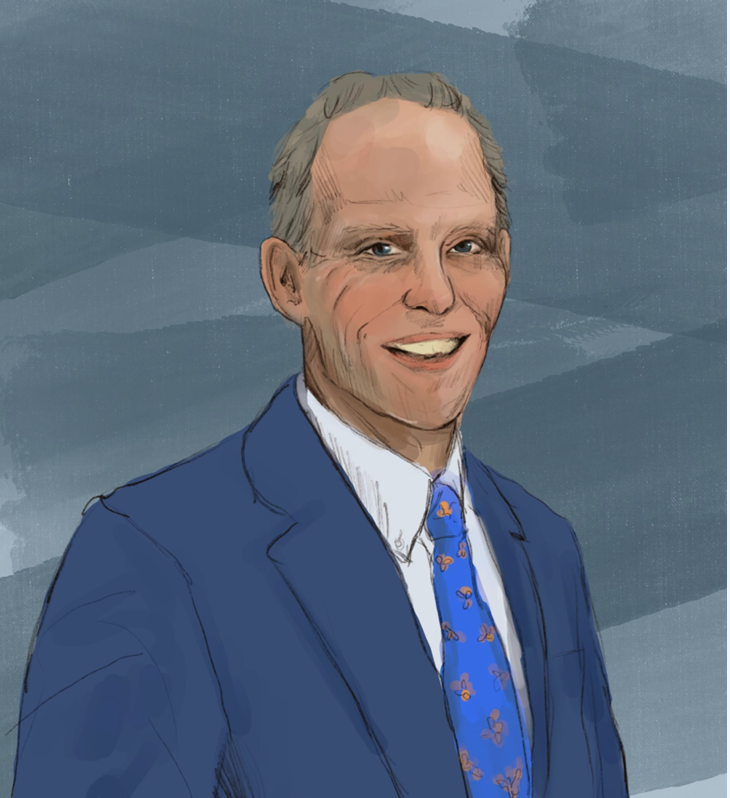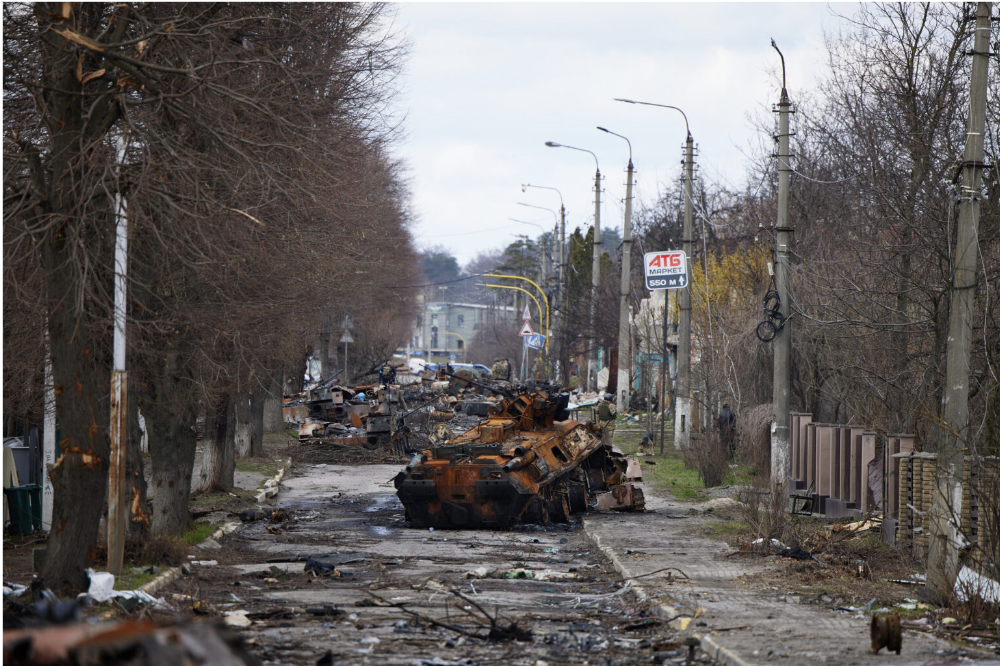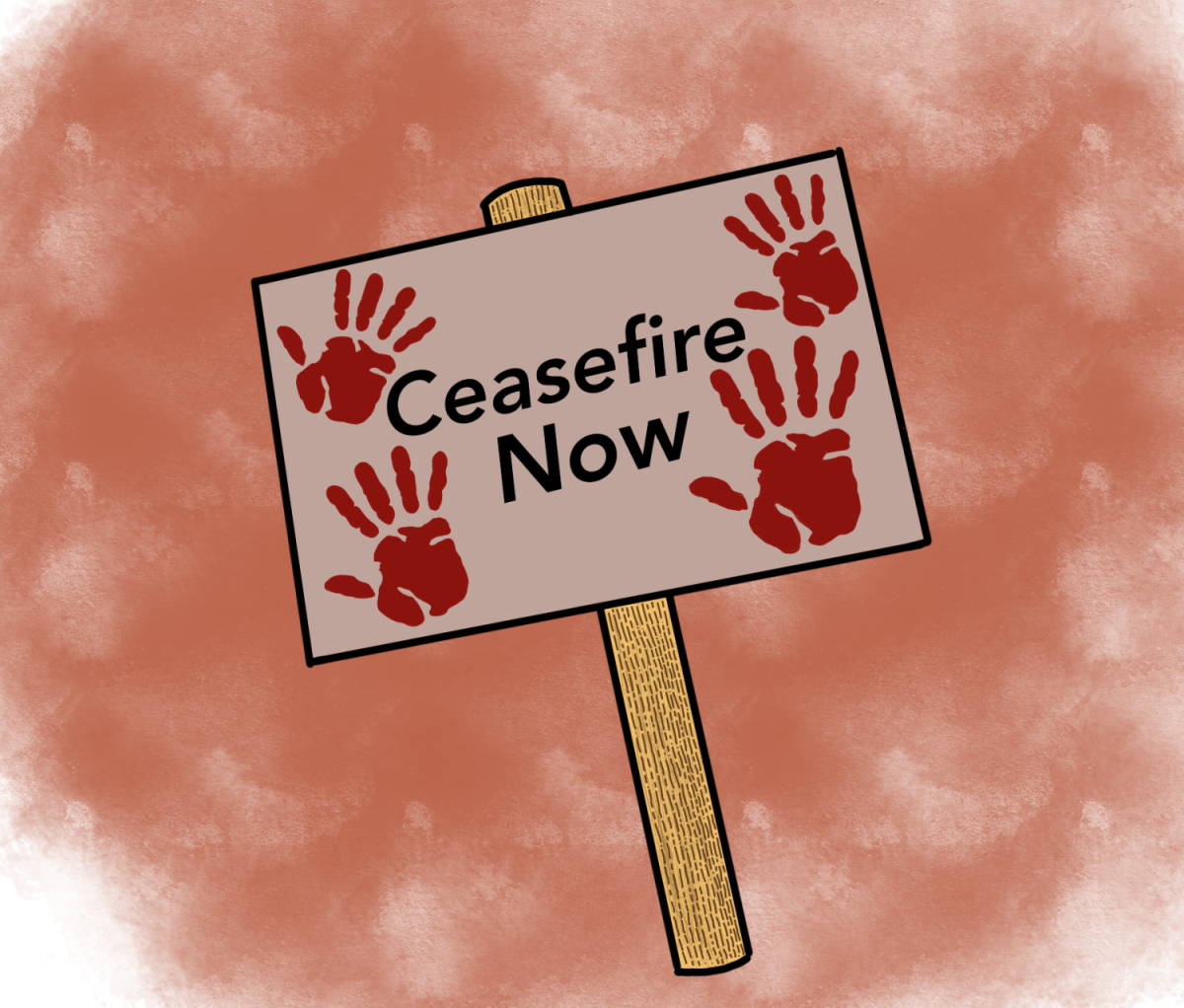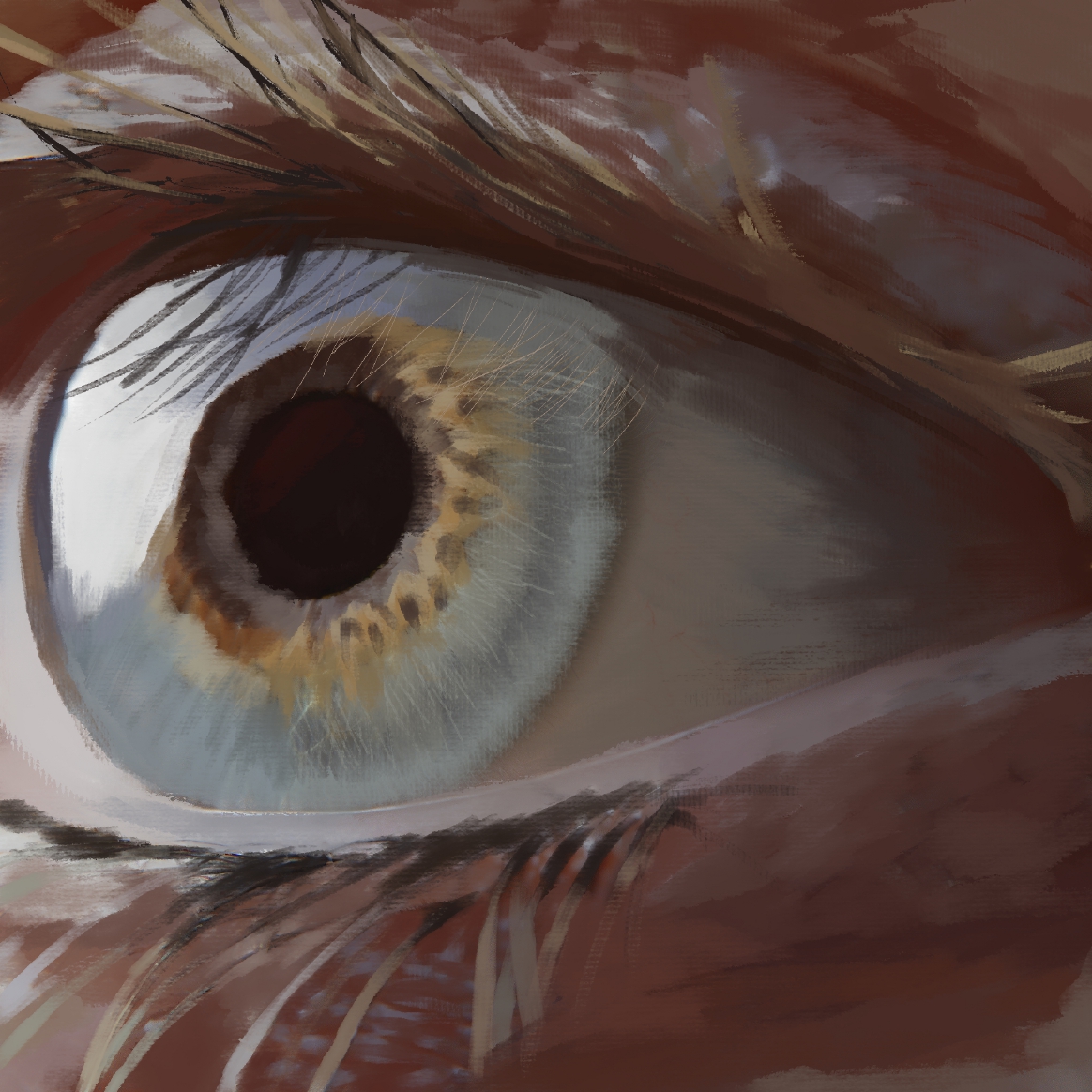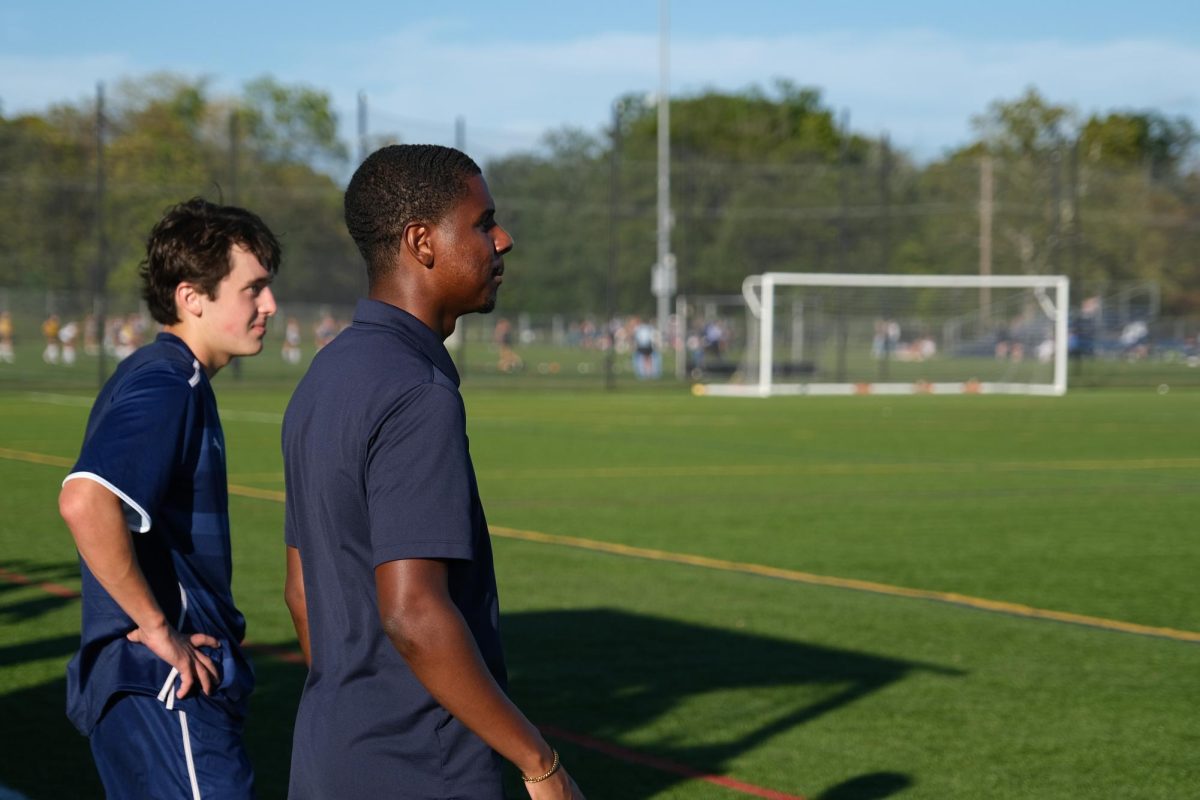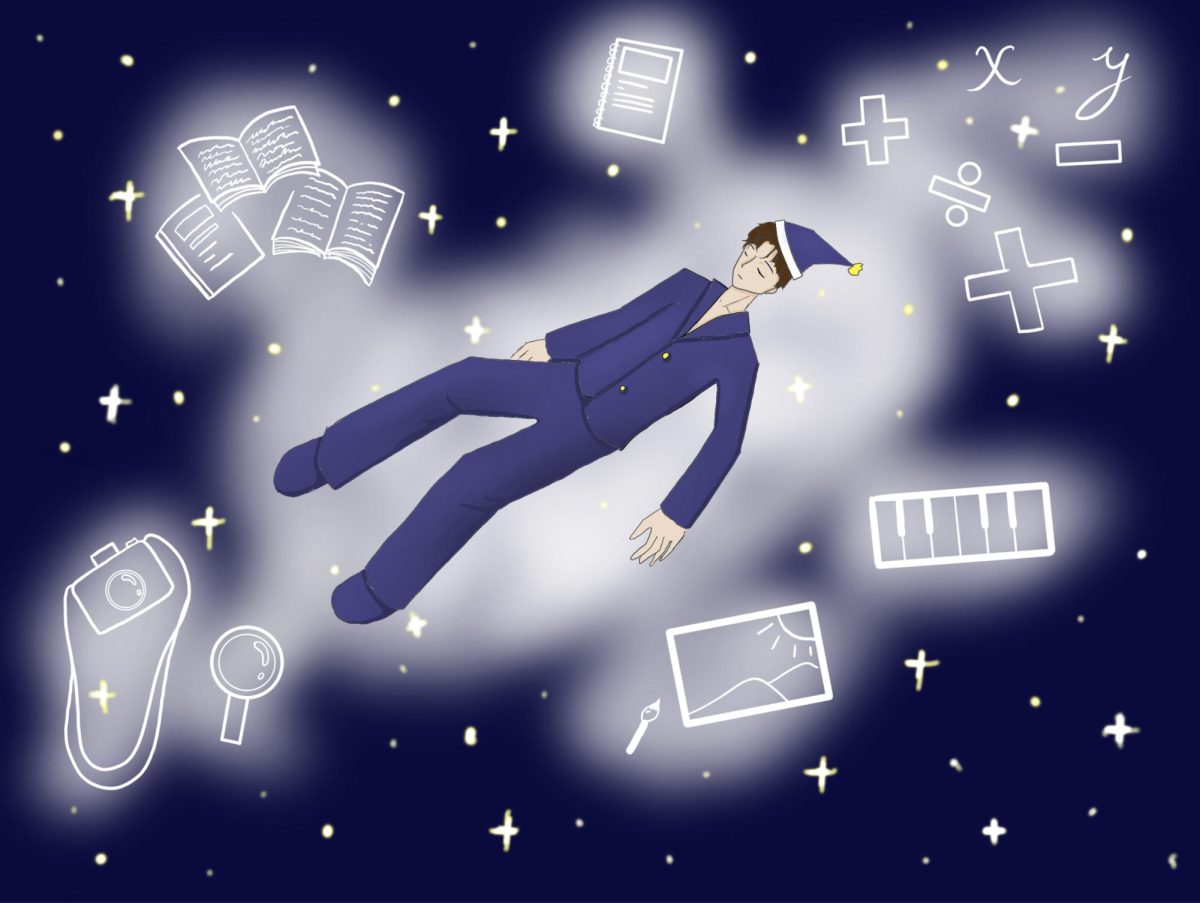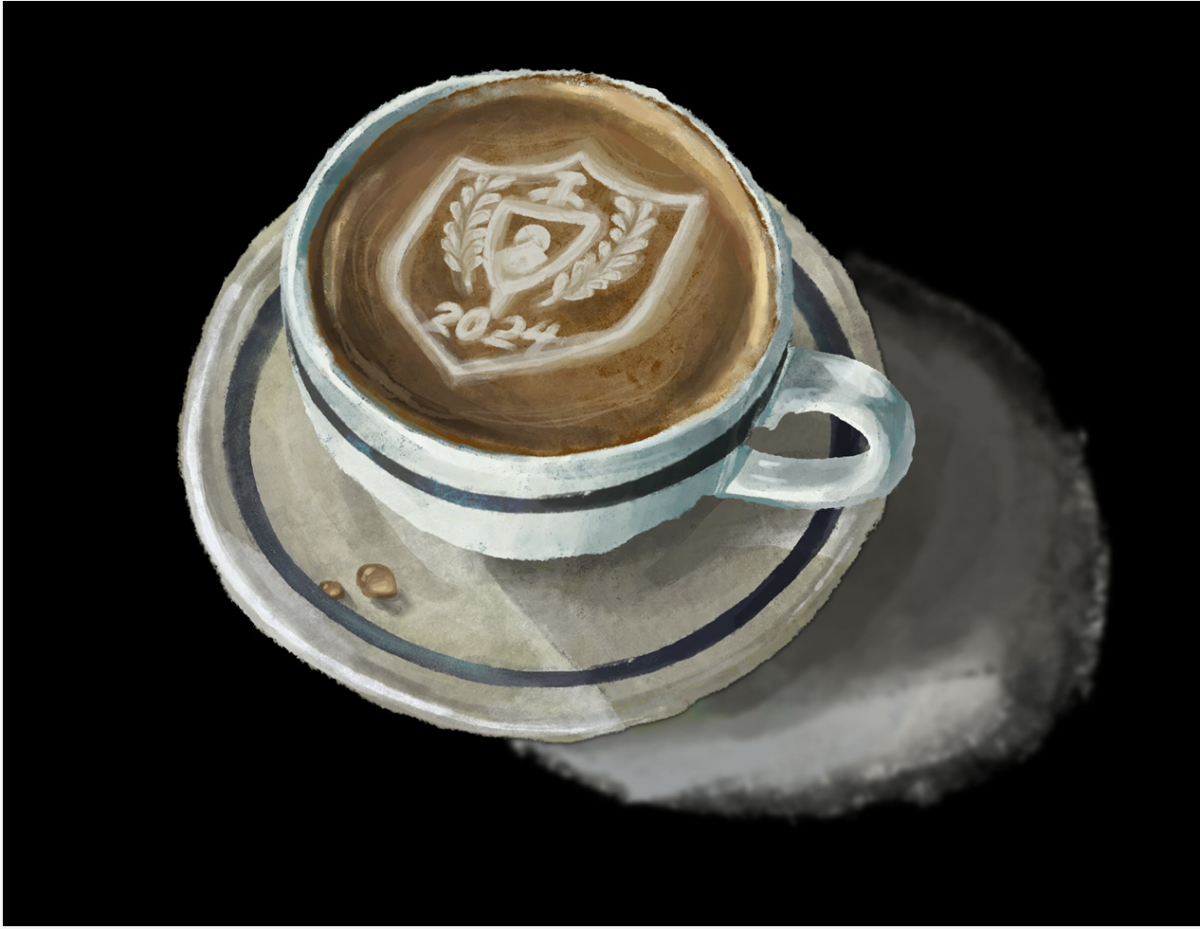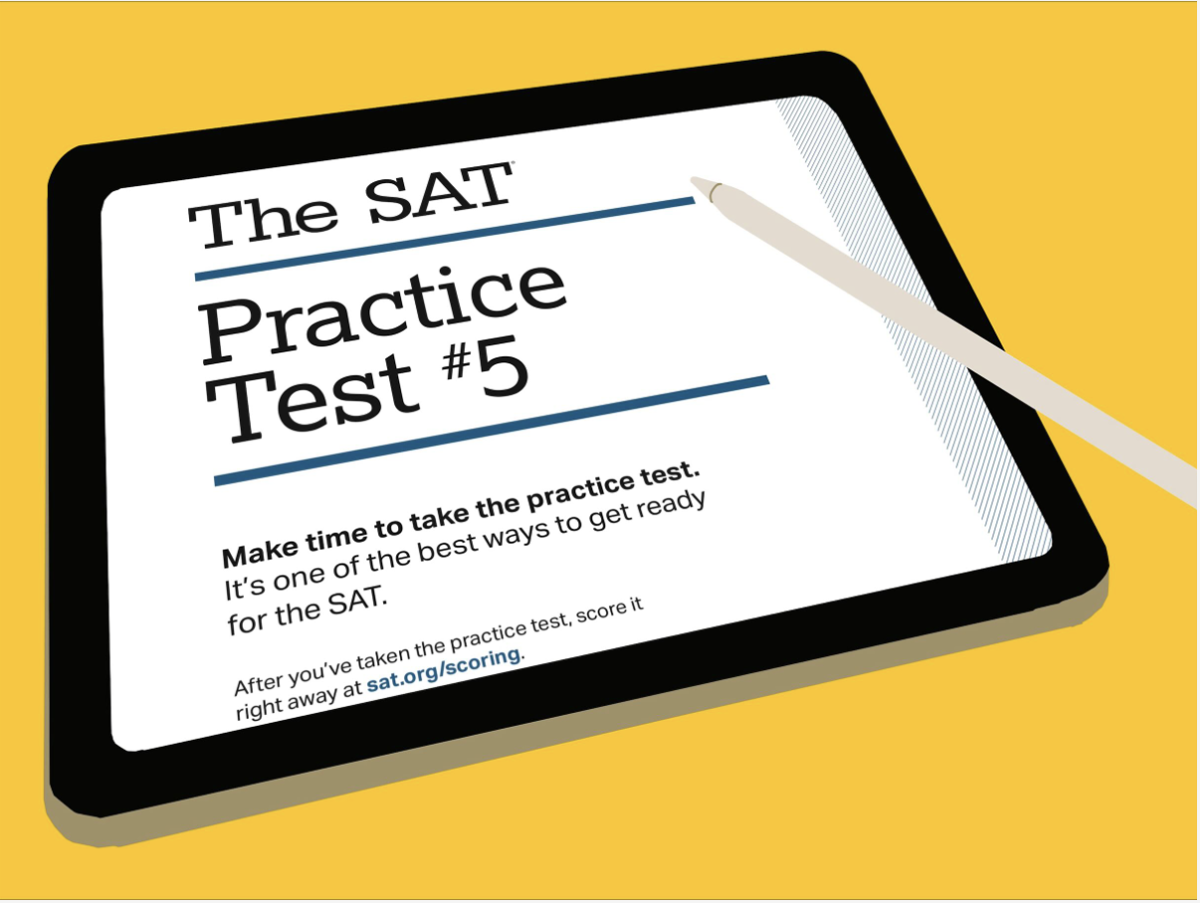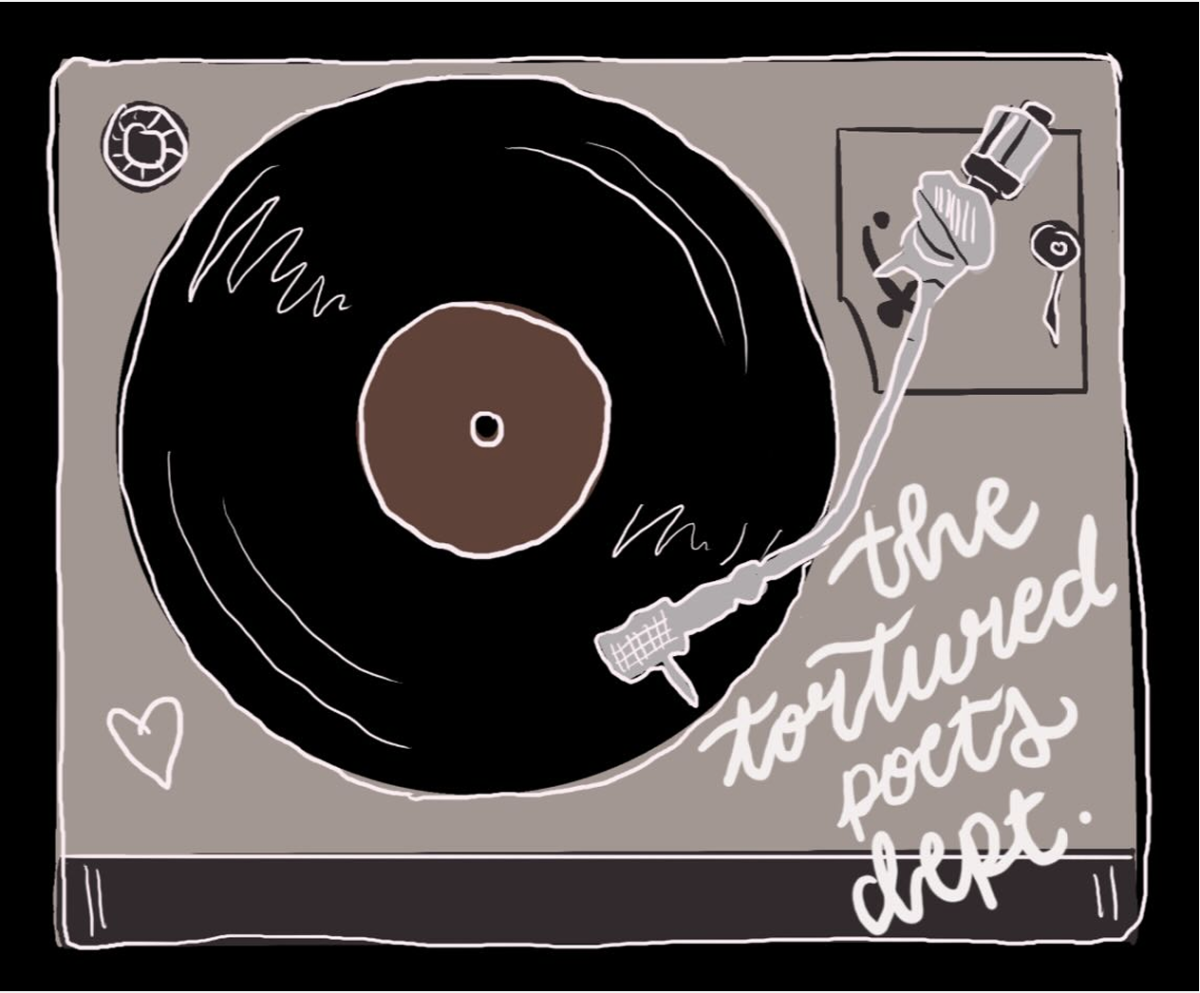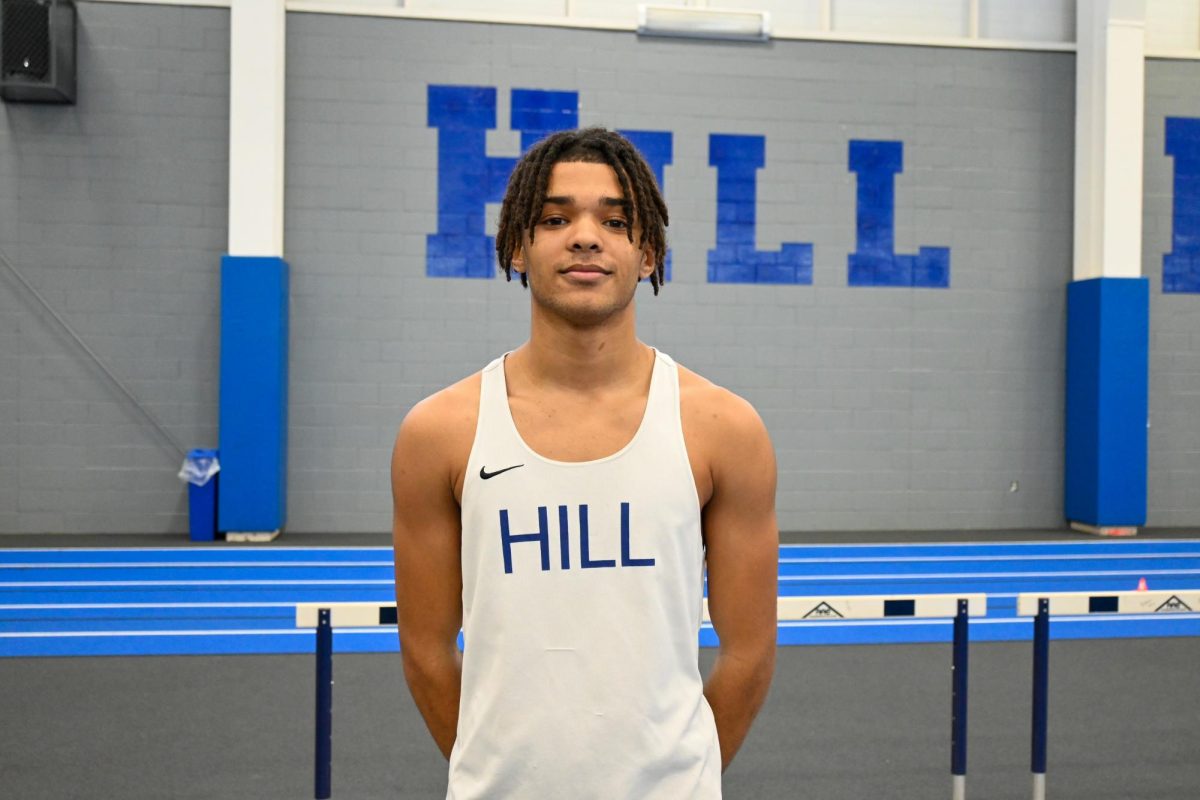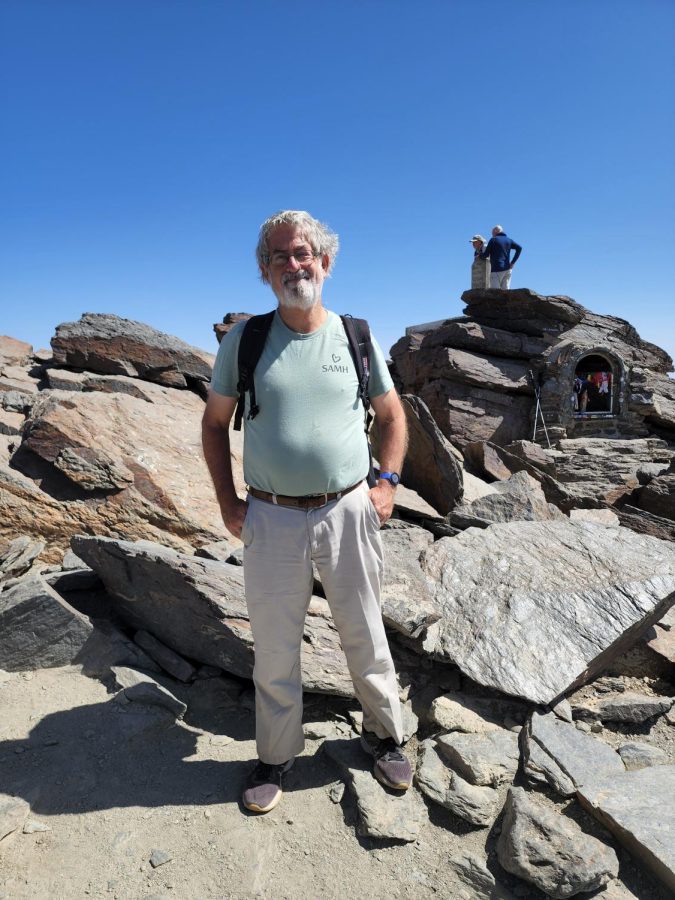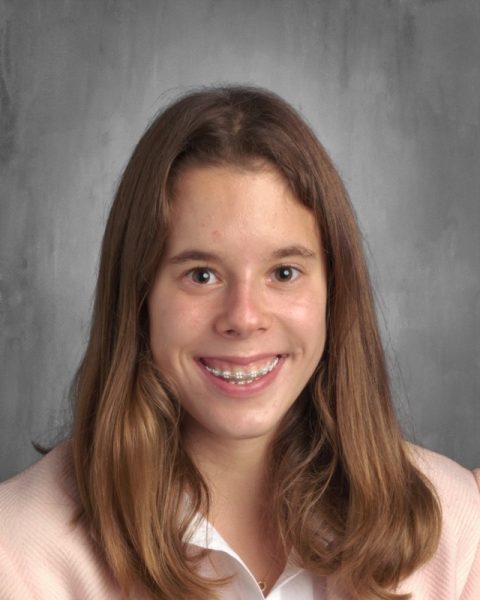Recipients of the Brody Family Fellowship grant expand their scope outside of the classroom
Each year, a Hill faculty member receives The Brody Family Fellowship—a grant established and funded by Hill alum Daniel M. Brody ’69 and his wife Nancy, parents of Douglas R. Brody ’02. The teacher chosen for this fellowship receives the grant money to fund a trip, which they have the flexibility of choosing, that will help enrich them in the subjects that they teach.
In 2019, Matthew Gettings, senior master of mathematics, was awarded the Brody Family Fellowship, but complications due to COVID-19 prevented him from traveling during the summer of 2020. This summer, as some COVID-19 restrictions were lifted, he finally experienced his trip.
Gettings traveled to Greece for a total of two-and-a-half weeks, where he visited Athens and Crete, seeing different museums and architecture. In order to get the most out of his trip, he focused on “the big three E’s Educational, Enriching, and Enjoyable.” This way, it felt to him not only an educational trip, but also an enriching and enjoyable vacation. Gettings said that the most impressive part about his trip “was hiking the entire Samaria Gorge, the largest gorge in Europe, because the views were so special.”
“What I takes away from my trip to Greece is that I’ll be able to put some of the mathematics I teach in context and history,” Gettings states. He continued with how this trip sparked his curiosity, compelling him to want to learn more about the ancestors of academia, and described his trip as an “extremely humbling and such an amazing experience.”
In the Spring of 2021, Christopher DeLucia, department chair for world languages, was awarded the same prestigious award. His original grant trip for the fellowship was “Sacred Mountains of Asia,” but since that area was not open for the summer of 2022, he changed it to Europe.
“I felt I needed to learn more about languages I don’t teach, and having visited France in the past, I decided to spend two weeks each in Spain and Morocco,” DeLucia stated in an email. For him to get the most out of his trip, he wanted to focus on the main areas of what he teaches, as well as his personal interests: language, culture, religion, and history mixed with physical challenge.
DeLucia’s first stop was Morocco. Before he arrived, he learned that Yassine Benzinane, former instructor of world languages, was traveling there as well. Benzinane invited DeLucia to join him on his trip. While in Morroco, DeLucia learned a bit of Arabic, was able to do things tourists normally do not do such as staying in the Riads, which is a traditional home with a courtyard, and got caught in a sandstorm. “By traveling with Mr. Benzinane, who was extremely knowledgeable and energetic, we did a tremendous amount in a short time, which gave me time to visit Greece as well,” DeLucia explained in an email.
After Morocco, DeLucia flew to Spain. He knew he could not see all of Spain, so he chose Southern Spain and the Andalucia region. “As I focused on Spain, there was a tremendous amount of Moorish culture and architecture, so I continued to learn much about the Islamic history as well,” DeLucia explained. Additionally, DeLucia picked up some Spanish phrases, which has helped him to now have more of an understanding and appreciation of the language.
Like Gettings, DeLucia traveled to Greece. After climbing Mt. Olympus, the mythological home of Zeus and the gods, he visited Athens and Delphi. “Greece was about history. I love that area and hope to go back,” DeLucia stated in an email.
Gettings and DeLucia both shared that they each gained immense knowledge about the diverse cultures, religions, and histories of the countries they visited. DeLucia stated that this newfound knowledge and perspective is something “our students need to learn about.”

